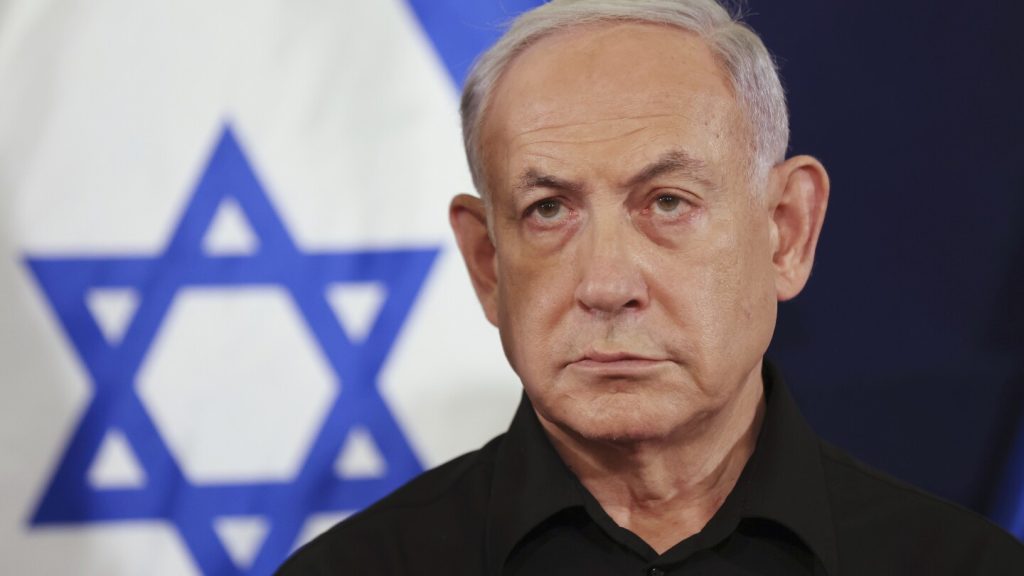Israeli Prime Minister Benjamin Netanyahu has pledged to launch an incursion into the southern Gaza city of Rafah, where hundreds of thousands of Palestinians are sheltering from the almost 7-month-long war. The announcement comes as cease-fire negotiations between Israel and Hamas are gaining steam. Netanyahu’s comments indicate that Israel would enter Rafah, which is considered Hamas’ last stronghold, regardless of whether a truce-for-hostages deal is reached. This move is seen as an effort to appease Netanyahu’s nationalist governing partners, although it is unclear how it will impact the ongoing negotiations with Hamas.
U.S. Secretary of State Antony Blinken, who was set to arrive in Israel, expressed opposition to the Rafah operation until Israel presents a credible plan for evacuating and protecting the estimated 1.5 million people seeking shelter there. Blinken emphasized the need to improve the humanitarian situation and reach a cease-fire deal that brings Israeli hostages home. Israel has offered a strong proposal, but Hamas is called upon to respond promptly to avoid any further delays or excuses. The pressure on Netanyahu from his governing partners not to proceed with a deal that might prevent an invasion of Rafah highlights the political complexities involved in the negotiations.
With more than half of Gaza’s population seeking shelter in Rafah, the international community, including Israel’s ally the United States, has warned against any offensive that puts civilians at risk. Netanyahu’s coalition, made up of ultranationalist and conservative religious parties, faces internal challenges due to conflicting views on the approach to ending the war. Critics accuse Netanyahu of making decisions based on political considerations rather than national interests, risking the collapse of his government if opposing parties withdraw their support. Efforts to secure a deal that prioritizes the release of hostages over military action have faced obstacles within the coalition.
The current deal being discussed, brokered by the U.S., Egypt, and Qatar, includes the release of hostages in exchange for a six-week halt in fighting during an initial phase. However, disagreements persist over the terms of the agreement, particularly regarding the eventual release of all hostages and the complete end to Israel’s assault in Gaza. Hamas has demanded assurances that the release of hostages will lead to a withdrawal of Israeli troops from the territory, while Israel has offered only an extended pause in its offensive. These sticking points have impeded progress in the negotiations and prolonged the conflict.
The Israel-Hamas war was triggered by a raid into southern Israel in October that resulted in the deaths of around 1,200 people, mostly civilians, and the abduction of around 250 hostages. The ongoing conflict has led to significant casualties and displacement in Gaza, with thousands of Palestinians killed and millions forced from their homes. The devastation in Gaza has raised concerns about a potential humanitarian crisis, with the threat of famine looming in some parts of the territory. As international mediators work to broker a deal between Israel and Hamas, the focus remains on reaching a cease-fire agreement that addresses the immediate needs of the population while paving the way for a lasting resolution to the conflict.


